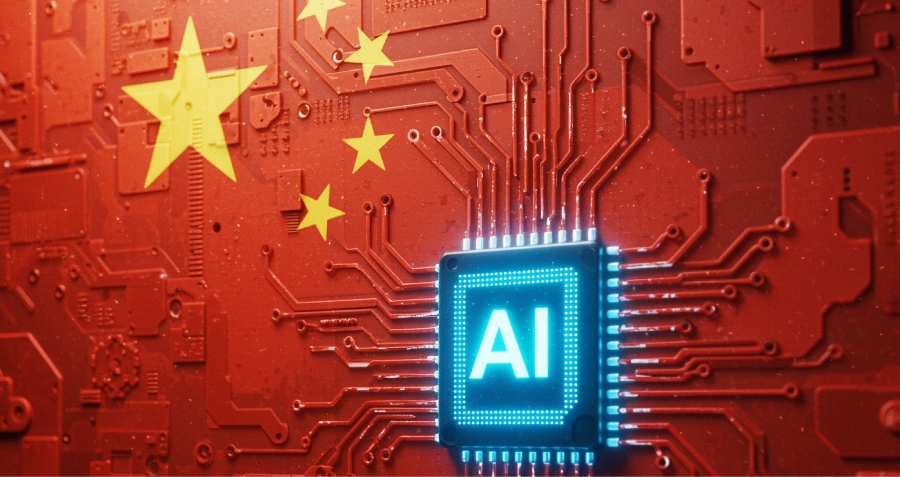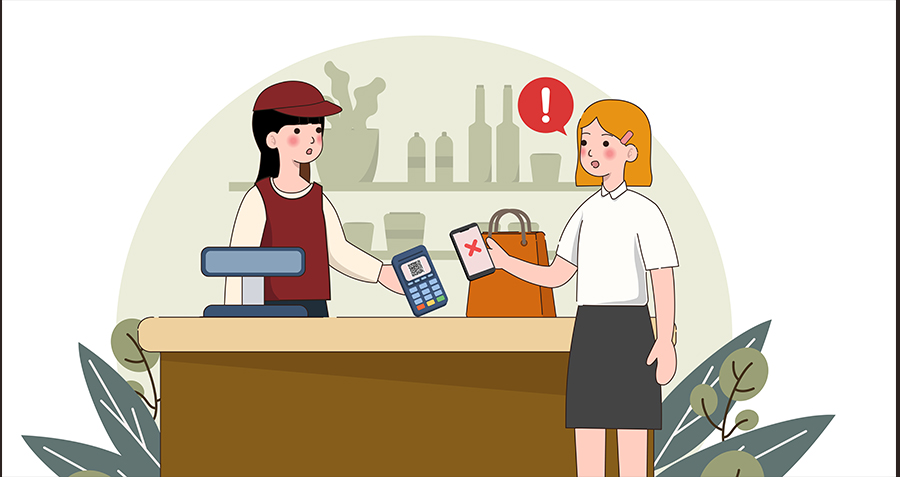It’s been more than ten years now since the introduction of the iPhone, long enough that researchers are beginning to find out a thing or two about how smartphones have changed us.
So far, the results seem to be mixed.
On the one hand, it turns out to be very handy to have a powerful computer in your pocket that provides instant access to the Internet and the roughly 2.2 billion other human beings who also pack a smartphone.
On the other, tools exist to further the user’s goals, and judged by usage, the smartphone is mostly making it easier for us to goof off and talk with our friends: one survey cited in an essay by Dan Nixon, an economist at the Bank of England, found that the US worker now spends one hour of every workday on social media—and 1.8 hours if the worker in question is a Millennial.
That in itself might not be so bad—so far, anyway, the world’s economy hasn’t ground to a halt because of the smartphone—but there is some evidence that the smartphone may be hurting the microprocessors we are issued at birth.
One study out of the University of Texas at Austin found that smartphones may actually be making us dumber: one experiment showed that people asked to make simple computations made fewer mistakes if their phones were in another room than if they left their phone in a purse or a pocket and many fewer mistakes than if they left their phone face down on their desk. The team concluded that simply having the little magic tablet within reach seems to take up brain space.
Of course, thanks to your smartphone, you don’t really need to be able to add and subtract anymore, but the UT researchers theorize that having more mental space preoccupied with the smartphone may be leading consumers to rely less on analytic and deliberative thinking generally and more on intuitive, heuristic thinking. That’s good if you’re a marketer trying to sell something but maybe not so good if you’re buying, as the researchers speculate that this state of mind makes people more susceptible to deceptive advertising.
For organizations too, smartphones are turning out to be a mixed blessing. On the positive side, the devices seems to be good for relationship building, and various surveys have found that having a good friend at work tends to extend an employee’s stay at a job. Smartphones have also given employees more autonomy, and autonomy is an important predictor of how much people like their jobs, according to Thiraput Pitichat, a doctoral student in positive organizational psychology at Claremont Graduate University in Claremont, CA, who has studied smartphone use.
However, smartphones may be compromising the organization’s overall focus. Some researchers have found that people check their phone as often as 150 times a day, according to the Bank of England’s Nixon. He estimates that this means we may be distracted more than 50% of the time at work and suggests that there may be a correlation between the rise of the smartphone and the low productivity growth of the past decade.
This addictive quality was by design. “The thought process that went into building these applications, Facebook being the first of them . . . was all about: ‘How do we consume as much of your time and conscious attention as possible?’” recalled Silicon Valley investor Sean Parker in a recent interview. “And that means that we need to sort of give you a little dopamine hit every once in a while, because someone liked or commented on a photo or a post or whatever. And that’s going to get you to contribute more content, and that’s going to get you . . . more likes and comments. It’s a social-validation feedback loop…exactly the kind of thing that a hacker like myself would come up with, because you’re exploiting a vulnerability in human psychology.”
But the office gets even at the end of the day, because the smartphone helps ensure that the workday never really ends. “The downside of the smartphone is people feel they have to be connected, they can’t shut it off,” said Professor Sir Cary Cooper, 50th Anniversary Professor of Organizational Psychology and Health at Manchester Business School at the University of Manchester.
“It’s not good for their relationships outside work and it means that the work day has now extended into the evening and the weekends,” Cooper said. Nor is this good for companies in the end, he added: long hours eventually translate into lower productivity and, eventually, illness.
Scholars, government policymakers, and company leaders have all begun to take note.
According to Cooper, a whole subfield is growing up now in organizational behavior studies in response to the impact of electronics on organizations and individuals; it’s calleds technostress.
Policymakers are also taking a closer look at the impact of email after working hours on employee health. Last spring, for instance, France passed a law making it illegal for employers to email their employees outside of working hours, Cooper noted.
Many companies are also starting to shut off their company emails at night voluntarily, according to Cooper. At Volkswagen, for example, the company blocks emails from 5 p.m. to 8 a.m.; Daimler shuts it off when people are on holiday.
But such guardrails may not protect us from all the smartphone’s social effects. Benn Konsynski, George S. Craft Distinguished University Professor of Information Systems and Operations Management at Emory University’s Goizueta Business School, sees a complex future ahead. Asked whether smartphones make people smarter or dumber, he replied with one word: “Yes.”
“Appliances help us but deskill us at the same time,” he added (on his device and between classes). “Spell checkers make us cavalier with typing or permit us to type faster and ‘think’ we will be covered.”
Konsynski’s theory is that as with many prior technologies, smartphones reduce our individual skills but improve our collective intelligence. “The individual might be less personally reliant as they now have an appliance to augment their abilities,” he noted later. “The individual is deskilled, or subject to less demand. The pair is more capable.”
Is the smartphone liberating? “Yes,” Konsynski concluded, “but permitting, encouraging, and inviting a diminution of our skills. Until it cannot be set aside.”




















